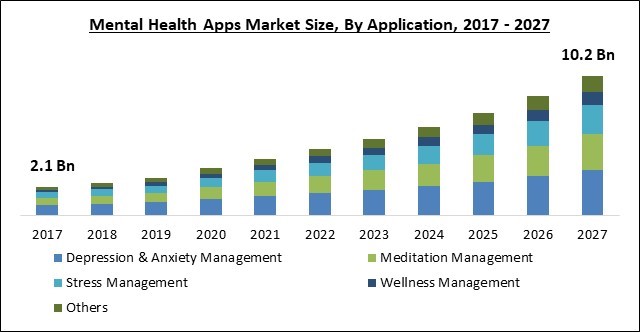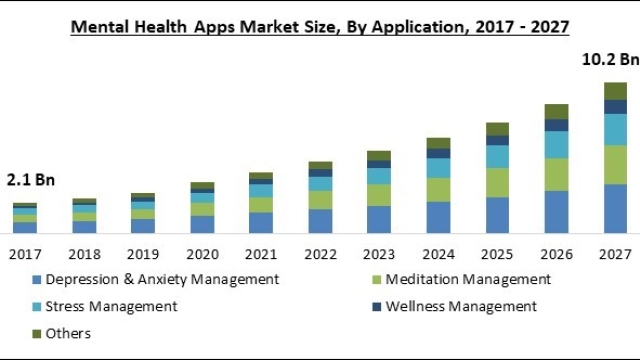
In today’s fast-paced world, it’s easy to overlook the importance of mental health care. We often prioritize our physical well-being, but neglecting our mental well-being can have detrimental effects on every aspect of our lives. Mental health care is not just for those who are diagnosed with mental illnesses; it is an essential part of maintaining a balanced and fulfilling life.
Taking care of our mental health involves nurturing our minds, just as we care for our bodies. It means paying attention to our thoughts, feelings, and emotions, and taking steps to promote positive mental well-being. This includes practicing self-care, seeking support when needed, and engaging in activities that bring us joy and fulfillment.
Mental health care is not a one-size-fits-all approach. Each individual’s journey is unique, and what works for one person may not work for another. It requires self-awareness and a commitment to finding strategies that can help us navigate life’s challenges and maintain our overall well-being.
In this article, we will delve into the power of the mind and explore various aspects of mental health care. From understanding the importance of self-care to discovering effective coping mechanisms, we will provide insights and practical tips to help you nurture your mental well-being. So, join us as we embark on this journey to discover the power of mind and unlock the potential for a happier and healthier life.
Importance of Mental Health
Mental health plays a crucial role in our overall well-being. It encompasses our emotional, psychological, and social well-being, and affects how we think, feel, and act. Nurturing our mental health is essential for leading a happy and fulfilling life.
A strong mental health foundation is important as it enables us to cope with the challenges and stresses of daily life. It allows us to form and maintain healthy relationships, make sound decisions, and handle the ups and downs that come our way. When our mental health is compromised, it can have a significant impact on all areas of our lives.
Investing in mental health care is not only important for individuals, but also for society as a whole. When mental health is prioritized, it leads to increased productivity, improved educational outcomes, and reduced healthcare costs. By addressing mental health needs, we can foster a supportive and inclusive environment where everyone has the opportunity to thrive.
It is essential that we break the stigma surrounding mental health and ensure that individuals have access to the care and support they need. Promoting mental well-being is an ongoing process that involves raising awareness, providing education, and creating supportive environments.
By recognizing the importance of mental health and actively seeking ways to nurture it, we can make a positive impact on our own lives and those around us. Taking care of our mental health is a responsibility we all share, and by doing so, we can build a healthier and happier future for ourselves and our communities.
Strategies for Maintaining Mental Well-being
Prioritize Self-Care: Taking care of yourself is essential for maintaining good mental health. This means ensuring you get enough restful sleep, eating a balanced diet, and engaging in regular exercise. Making time for activities you enjoy, whether it’s reading, painting, or spending time in nature, can also help to reduce stress and promote feelings of well-being.
Nurture Social Connections: Building and nurturing social connections is crucial for mental well-being. Foster relationships with family, friends, and colleagues by making an effort to spend quality time together. Engage in meaningful conversations, actively listen, and offer support when needed. Participating in social activities or joining clubs/groups that align with your interests can also help expand your social network.
Practice Mindfulness and Stress-Reduction Techniques: Incorporating mindfulness and stress-reduction techniques into your daily routine can greatly benefit your mental well-being. Meditation, deep breathing exercises, and yoga are just a few examples of practices that can help calm the mind and reduce stress. By focusing on the present moment and developing self-awareness, you can enhance your overall sense of peace and contentment.
Remember, everyone’s mental health journey is unique, so it’s important to find strategies that work best for you. Experiment with different techniques and adapt them to your lifestyle. By prioritizing self-care, nurturing social connections, and practicing mindfulness, you can cultivate a strong foundation for maintaining mental well-being.
Impact of Mental Health on Overall Wellness
Mental health plays a vital role in our overall well-being. It influences how we think, feel, and act on a daily basis. When our mental health is at its best, we are able to cope with the challenges and stressors of life more effectively. However, when our mental health suffers, it can negatively impact various aspects of our lives.
First and foremost, our mental health greatly influences our emotional well-being. When we are mentally healthy, we are more likely to experience positive emotions such as happiness, contentment, and peace. On the other hand, when our mental health deteriorates, we may find ourselves feeling overwhelmed, anxious, or sad more frequently. Our ability to regulate and manage our emotions is closely tied to our mental health.
Secondly, our mental health also affects our relationships and social interactions. Positive mental well-being enables us to form and maintain healthy relationships with others. We are more likely to communicate effectively, show empathy, and establish meaningful connections when our mental health is in a good state. Conversely, poor mental health can hinder our ability to connect with others, leading to feelings of isolation and loneliness.
https://thcdabwoodsvape.co.uk/
Lastly, mental health impacts our physical health as well. The mind and body are deeply interconnected, and when our mental health suffers, it can manifest in various physical symptoms. Conditions such as headaches, sleep disturbances, and even chronic pain can be linked to mental health issues. Taking care of our mental well-being is therefore crucial for maintaining overall physical health.
In conclusion, mental health significantly influences our overall wellness. It affects our emotional well-being, relationships, and even our physical health. Prioritizing mental health care is essential for promoting a balanced and fulfilling life.


